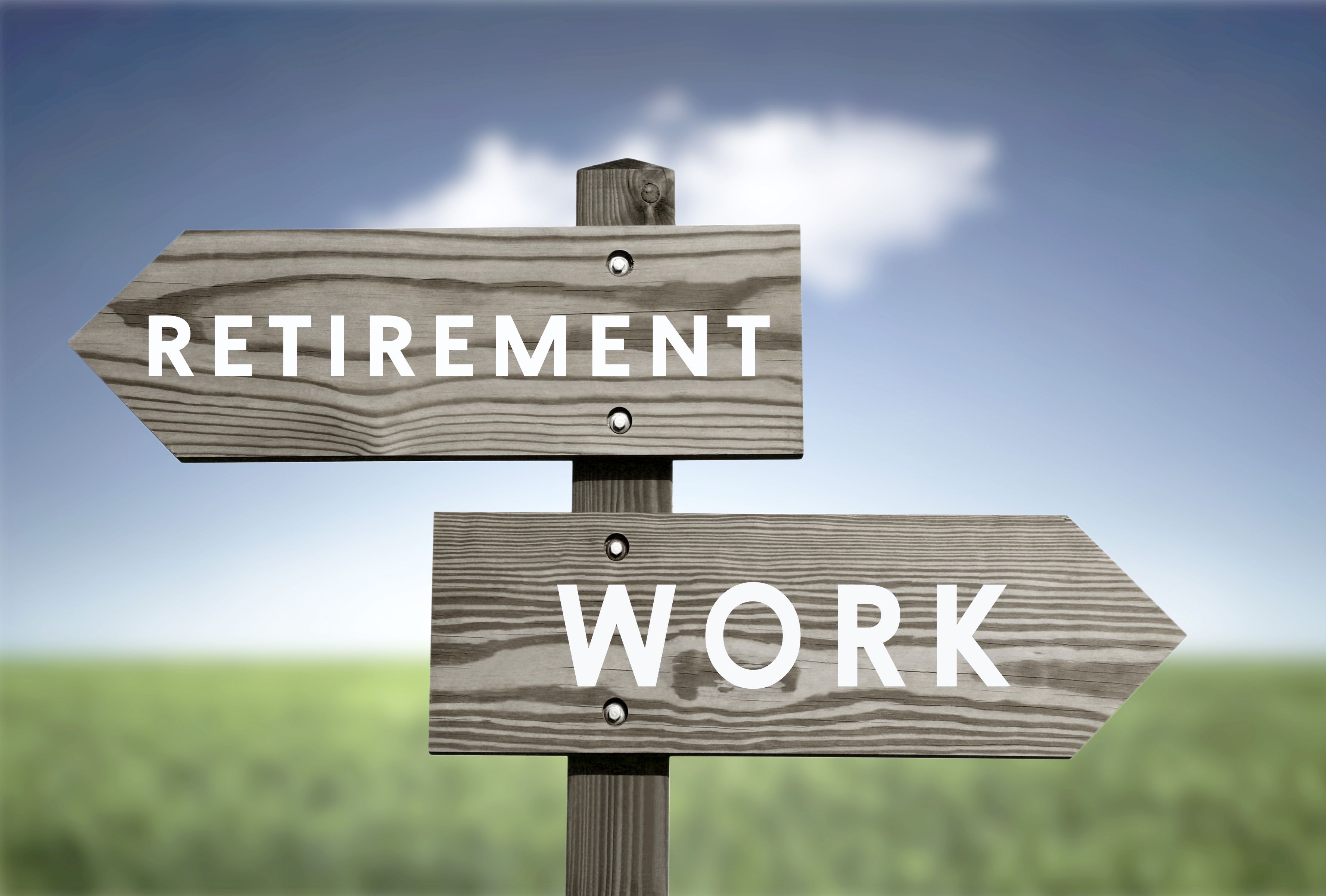Working in Retirement in an ‘Encore Career’

Experts labeled the birth of more than 76 million babies between 1946 and 1964 the “baby boom.”[i] It was America’s largest generation, although Millennials are on the verge of overtaking boomers.[ii] More than 65 million are still living today with about 10,000 retiring per day.[iii] The youngest will turn 67, full retirement age, in 2031, when the boomer population is projected to drop to 58.2 million.
What will they be doing?
Most of them will continue working.[iv] In fact, nearly four-fifths of retirees will stay on the job or seek other employment to supplement their retirement income.
More than 60% of people in the United States who have retired said they retired too soon.[v]
How do boomers compare to workers in other generations?[vi]
- Boomers are hardworking, ambitious workaholics and occasionally tend to complain about younger workers’ seeming unwillingness to pay their dues.
- Boomers are independent, confident, and self-reliant. As the original anti-establishmentarians, they believe they can change the world.
- Boomers are usually dedicated, focused on achievement, and goal setting.
- Boomers are highly competitive and correlate work with self worth.
- Boomers self-actualize. Boomers were raised in relative middle-class affluence, eschewing traditional values for the sake of self expression.
The boomer’s view of retirement
Unlike members of previous generations, baby boomers have animated the word “encore.” Coined by author Marc Freedman, the term “encore career” describes a person’s second life career in later years.[vii]
Encore careers tend to focus primarily in health care, the environment, government, education, and nonprofits. Encore careers provide retirees with financial advantages, such as higher Social Security credits by delaying receiving benefits. Monthly benefits rise when eligible retirees delay applying for benefits after reaching their full retirement age.
Beyond the monetary advantages, boomers find encore careers provide an outlet to express the passion they’ve gained throughout their professional lives. Connected to a community, working retirees gain a sense of engagement and purpose in their later years.
Boomers also gravitate to a variety of mostly help-related professions, such as teaching, consulting or working for nonprofits. Others pursue work in creative fields, such as music, painting, or drama.
Looking for work?
If you’re interested in pursuing an encore career, here are some tips to help you get started:
- Start by writing down your goals and interests and think about how you could turn them into satisfying work.
- Take classes at your local college or lifelong learning center to develop new skills.
- Think about how much you’d like to work and what kind of environment would interest you.
- Consider taking a personality assessment and work competency test to learn about your strengths.
- Look around for job opportunities and let friends, family, and others in your network know that you’re looking.
To learn more about retirement, please visit our website.
If you would like to discuss your current financial plans or retirement strategies, we’re happy to talk. Please contact us at (800) 929.1001.
Investment advisory services are offered through CapSouth Partners, Inc., dba CapSouth Wealth Management, an independent registered Investment Advisory firm. Information provided by sources deemed to be reliable. CapSouth does not guarantee the accuracy or completeness of the information. This material has been prepared for planning purposes only and is not intended as specific tax or legal advice. Tax and legal laws are often complex and frequently change. Please consult your tax or legal advisor to discuss your specific situation before making any decisions that may have tax or legal consequences.
This article contains external links to third party content (content hosted on sites unaffiliated with CapSouth Partners). The policies and procedures governing these third-party sites may differ from those effective on the CapSouth company website, as outlined in these Disclaimers. As such, CapSouth makes no representations whatsoever regarding any third-party content/sites that may be accessible directly or indirectly from the CapSouth website. Linking to these third-party sites in no way implies an endorsement or affiliation of any kind between CapSouth and any third party, including legal authorization to use any trademark, trade name, logo, or copyrighted materials belonging to either entity.
[i] https://www.prb.org/justhowmanybabyboomersarethere/
[ii] http://www.pewresearch.org/fact-tank/2018/03/01/millennials-overtake-baby-boomers/
[iii] https://www.cnbc.com/2017/10/03/health-care-dilemma-10000-boomers-retiring-each-day.html
[iv] https://www.youngresearch.com/researchandanalysis/compound-interest-researchandanalysis/how-many-retirees-will-keep-working/
[v] https://www.bloomberg.com/news/articles/2017-07-10/working-past-70-americans-can-t-seem-to-retire
[vi] https://www.thebalancecareers.com/baby-boomers-2164681
[vii] https://www.investopedia.com/terms/e/encore-career.asp



